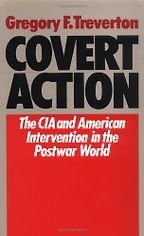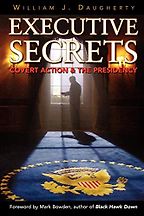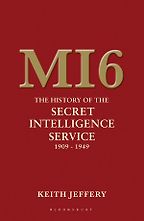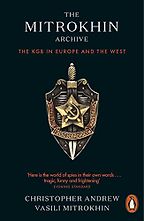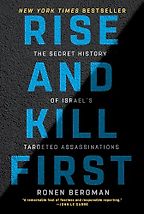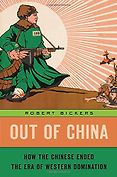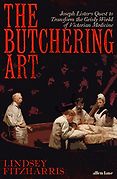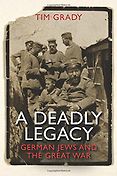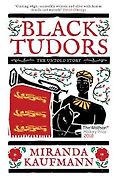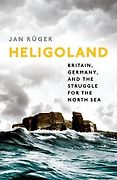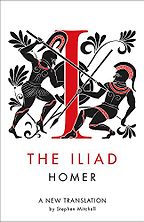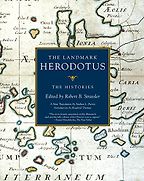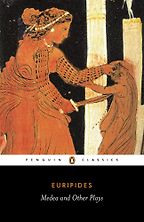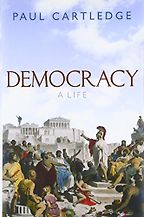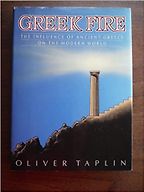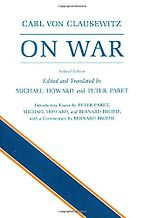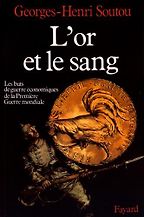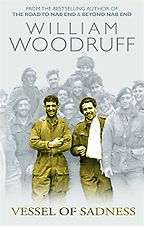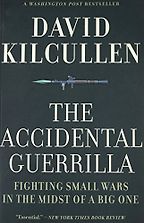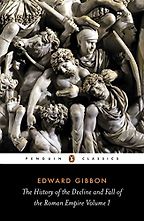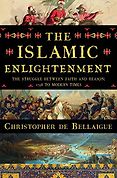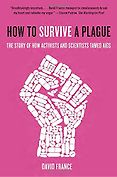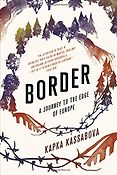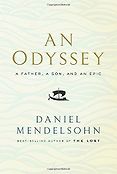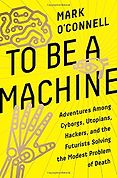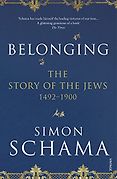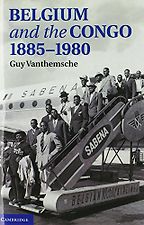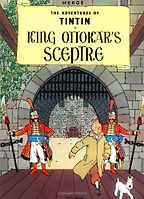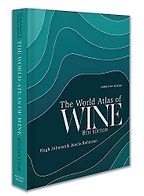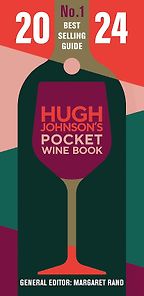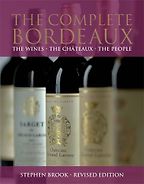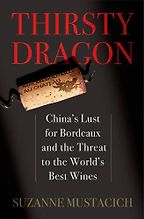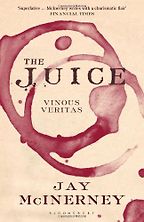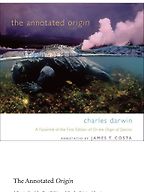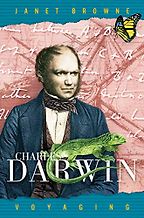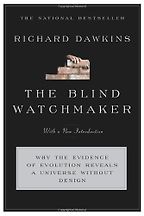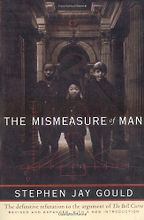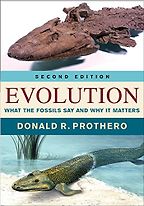Interviewer

Sophie Roell, Editor
Sophie Roell is co-founder and editor of Five Books. Previously she worked as a journalist in London, Beijing, Shanghai and New York. As a financial reporter, she covered the early years of the Chinese stock markets and the transition of its economy after Deng Xiaoping’s 1992 tour of the south. She wrote about the North Korean economy from Pyongyang in 2001.
She studied modern history as an undergraduate at Oxford and, after travelling the world as a reporter for five years, took the Master’s in Regional Studies-East Asia at Harvard University. This wonderfully flexible program insists on at least one East Asian language and some courses on East Asia, but leaves plenty of room to roam about the university taking courses on random subjects. Five Books, set up in 2009, is an attempt to continue that experience.
Below, you’ll find Sophie’s Five Books interviews with experts. Her own recommendations, normally nonfiction, are here. She also reads a lot of mysteries.
Interviews by Sophie Roell
-

1
Covert Action: Central Intelligence Agency and the Limits of American Intervention in the Post-War World
by Gregory Treverton -

2
Executive Secrets: Covert Action and the Presidency
by William J Daugherty -

3
MI6: The History of the Secret Intelligence Service 1909-1949
by Keith Jeffery -

4
The Mitrokhin Archive: The KGB in Europe and the West
by Christopher Andrew & Vasili Mitrokhin -

5
Rise and Kill First: The Secret History of Israel's Targeted Assassinations
by Ronen Bergman
The best books on Covert Action, recommended by Rory Cormac
The best books on Covert Action, recommended by Rory Cormac
Many of us live in democracies and believe in government transparency, but the truth is our leaders have considerable scope to engage in secret operations overseas. Rory Cormac talks us through five books on ‘covert action,’ and some of the countries that have embraced it as a policy tool.
-

1
Out of China: How the Chinese Ended the Era of Western Domination
by Robert Bickers -

2
The Butchering Art: Joseph Lister’s Quest to Transform the Grisly World of Victorian Medicine
by Lindsey Fitzharris -

3
A Deadly Legacy: German Jews and the Great War
by Tim Grady -

4
Black Tudors: The Untold Story
by Miranda Kaufmann -
5
Heretics and Believers: A History of the English Reformation
by Peter Marshall -

6
Heligoland: Britain, Germany, and the Struggle for the North Sea
by Jan Rüger
The Best History Books: the 2018 Wolfson Prize shortlist, recommended by Carole Hillenbrand
The Best History Books: the 2018 Wolfson Prize shortlist, recommended by Carole Hillenbrand
Which were the best history books published this past year? Each year, the UK’s Wolfson Prize tries to sort through the hundreds of history books that are published to find outstanding books that are both important and readable. Wolfson Prize judge Carole Hillenbrand introduces the six books that made 2018 shortlist.
The best books on Ancient Greece, recommended by Christopher Pelling
Ancient Greece’s legacy can be seen all around us, including in our political system — but many of us don’t know that much about it. Fortunately, we have someone who has devoted his life to studying this remote time and place to give us a reading list. Chris Pelling, Emeritus Regius Professor of Greek at Oxford, recommends his top five books on Ancient Greece.
-

1
On War
by Carl von Clausewitz -

2
Yorck and the Era of Prussian Reform 1807
by Peter Paret -

3
L'or et le sang: Les buts de guerre économiques de la Première Guerre mondiale
by Georges-Henri Soutou -

4
Vessel of Sadness
by William Woodruff -

5
The Accidental Guerrilla: Fighting Small Wars in the Midst of a Big One
by David Kilcullen
The Best Military History Books, recommended by Hew Strachan
The Best Military History Books, recommended by Hew Strachan
It’s no longer enough for military history to be just about battles told from the winning side. One of the great military historians of our time, Sir Hew Strachan, talks us through what makes a great military history.
The Best Books on the History of Christianity, recommended by Diarmaid MacCulloch
How can one get to grips with a subject as huge as the history of Christianity, a 2000 year-old religion with adherents in every corner of the globe? The popular and distinguished Oxford historian, Diarmaid MacCulloch, recommends books that will help you make a start.
-

1
Is the American Century Over?
by Joseph Nye -

2
The Chessboard and the Web: Strategies of Connection in a Networked World
by Anne-Marie Slaughter -

3
The Sovereignty Wars: Reconciling America with the World
by Stewart Patrick -

4
Psychology of a Superpower: Security and Dominance in U.S. Foreign Policy
by Christopher Fettweis -

5
Our Towns: A 100,000-Mile Journey into the Heart of America
by Deborah Fallows & James Fallows
The best books on America’s Increasingly Challenged Position in World Affairs, recommended by Ali Wyne
The best books on America’s Increasingly Challenged Position in World Affairs, recommended by Ali Wyne
Reports of the death of the world’s only superpower may have been exaggerated, but America’s inward turn is threatening the world order it created after World War II. Foreign policy analyst Ali Wyne talks us through books to better understand America’s current role in the world.
-

1
The Islamic Enlightenment: The Struggle Between Faith and Reason, 1798 to Modern Times
by Christopher de Bellaigue -

2
How to Survive a Plague: The Story of How Activists and Scientists Tamed Aids
by David France -

3
Border: A Journey to the Edge of Europe
by Kapka Kassabova -

4
An Odyssey: A Father, a Son, and an Epic
by Daniel Mendelsohn -

5
To Be a Machine: Adventures Among Cyborgs, Utopians, Hackers, and the Futurists Solving the Modest Problem of Death
by Mark O'Connell -

6
Belonging: The Story of the Jews 1492–1900
by Simon Schama
Best Nonfiction Books of 2017, recommended by Peter Bazalgette
Best Nonfiction Books of 2017, recommended by Peter Bazalgette
It’s hard to choose the very best nonfiction books of 2017, but the Baillie Gifford Prize aims to do just that. The chair of this year’s judging panel, Peter Bazalgette, talks us through the six fabulous books that made the shortlist.
-

1
The Sorrow of Belgium
by Hugo Claus -

2
Belgium and the Congo, 1885-1980
by Guy Vanthemsche -

3
King Ottokar’s Sceptre
by Hergé -

4
The Legacy of Nazi Occupation: Patriotic Memory and National Recovery in Western Europe, 1945-1965
by Pieter Lagrou -

5
Souvenirs Pieux (Dear Departed)
by Marguerite Yourcenar
The best books on Belgium, recommended by Martin Conway
The best books on Belgium, recommended by Martin Conway
With a keen awareness of the vicissitudes of history and an ironic sense of national identity, Belgium is a country others could learn a lot from. Historian Martin Conway recommends some books to better understand Belgium/België/Belgique.
The best books on Wine, recommended by Jancis Robinson
Reading about wine may not be quite as fun as drinking it, but can help open up a world of history, geography, science and culture. The Financial Times’s wine critic and daily writer on JancisRobinson.com, Jancis Robinson, picks the best books on wine.
The best books on Evolution, recommended by Jerry Coyne
Evolutionary biologist Jerry Coyne tells us why Darwin is still essential reading and sifts the vast amount of more recent writing on evolution for books that are both inspiring to scientists and accessible to general readers. He picks the best books on evolution.
